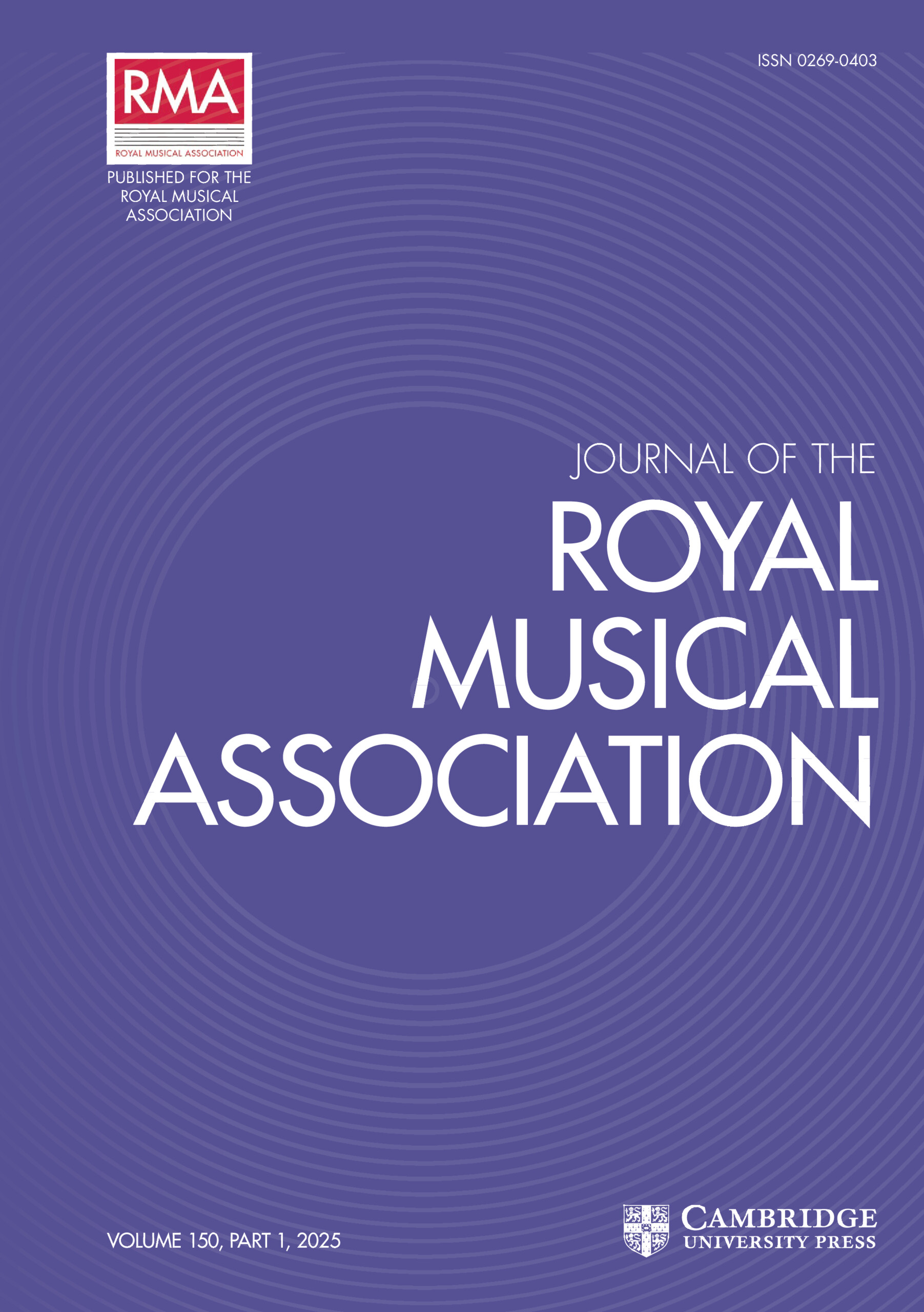It is hard to overlook the seismic shifts that have reshaped the worlds of scholarly publication and research over the last 20 years. Internet technologies, new electronic formats and in particular Web 2.0 interaction have made it possible to contact and collaborate with music researchers and practitioners across the globe at the click of a button, and to disseminate research and creative materials in a host of new ways. File-sharing, digitization and online archival resources have likewise revolutionized our work with primary sources and transformed the methodologies we adopt, while relational databases and the new generation of e-book readers offer us unprecedented ability to organize vast amounts of complex data and interrogate it in new ways. With their many advantages, however, these developments have brought fresh challenges and forced some fundamental rethinking of the basic structures and conventions we operate by as researchers and musicians. Principal among these is our understanding of intellectual property rights and the notion of the ‘definitive version’ as it relates to our research outputs. A few years ago, as I googled idly during a coffee break, I came across the text of an academic article I had written and published in a reputable journal several years earlier, but in a totally new context – on a site called Knowledge for Moms. Knowledge for Moms, apparently no longer in operation, was fed material by a content provider to which the journal in question had licensed its articles as a means of offsetting its costs. While I might have chalked this up with glee as evidence of ‘impact’, as defined by the new REF categories, the fact that I had not been asked for my permission before my material was reused in this way and that nonetheless it was all apparently legal and above board gave me pause for thought.
With these and related issues ‘in the air’ at present, the Council of the Royal Musical Association, at its last meeting, resolved to establish a subgroup to compile a set of guidelines on ethical practice as it relates to our discipline. With this, there was much discussion of the American Musicological Society's Guidelines for Ethical Conduct, <http://www.ams-net.org/administration/ethics.php>, which were formally adopted in 1997 and are admirably broad in scope, covering research and scholarship, publication and other presentation of scholarly work, and professional employment and service. These, it was thought, give us an excellent model of the type of document we could be working towards, but of course a document developed along these lines by the RMA would need to take into account the specific legal context for researchers publishing in the UK.
If members of the RMA would like to contribute to the subgroup's discussion and to raise any particular ethical issues they have encountered for incorporation into the resulting guidelines, please contact the RMA Executive Officer, Jeffrey Dean. Our view is that the topic is too important and all-encompassing not to give members full opportunity to contribute.
As a first step, we have updated and extended the copyright statement published on the inside back cover of each issue of the Journal to highlight the principle of first publication by which JRMA abides, and to provide clarification for authors ahead of submission of the legal agreements they will be required to enter into if/when they publish their work in JRMA. Before authors can submit their material to the Journal's new online submission system, they are also required to confirm that they are operating within this framework of understanding. Further stages in the discussion and drafting of the RMA's guidelines for ethical conduct will be documented in the Newsletter over the coming months; in this way, we plan to keep members fully updated on progress.


